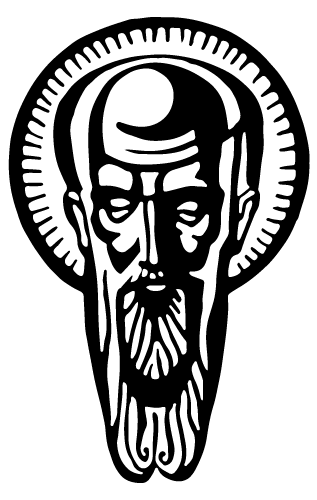In the Physical chemistry units, chemical interactions are studied based on the main principles of physics (such as energy, force, time, etc.), with a mathematical model for their description. The main topics of physical chemistry are related to the study of the structure and properties of matter, as well as the thermodynamics of chemical reactions, phase transitions (melting, crystallization, etc.), electrochemical processes, and surface phenomena. The unit provides basic knowledge in the field of thermodynamics and kinetics of chemical reactions, which are key to mastering further units such as disperse systems and chemical kinetics.
“Phenomena that we see in our daily life can be explained by the laws of physical chemistry, such as: why do bubbles of gas come out of our carbonated drink after we open the can? This phenomenon is explained by the Henry principle – the amount of gas that will dissolve in a liquid increases as the pressure increases. The pressure in a closed container is higher than atmospheric, so when it is opened, the dissolved gas begins to escape in the form of bubbles. “
